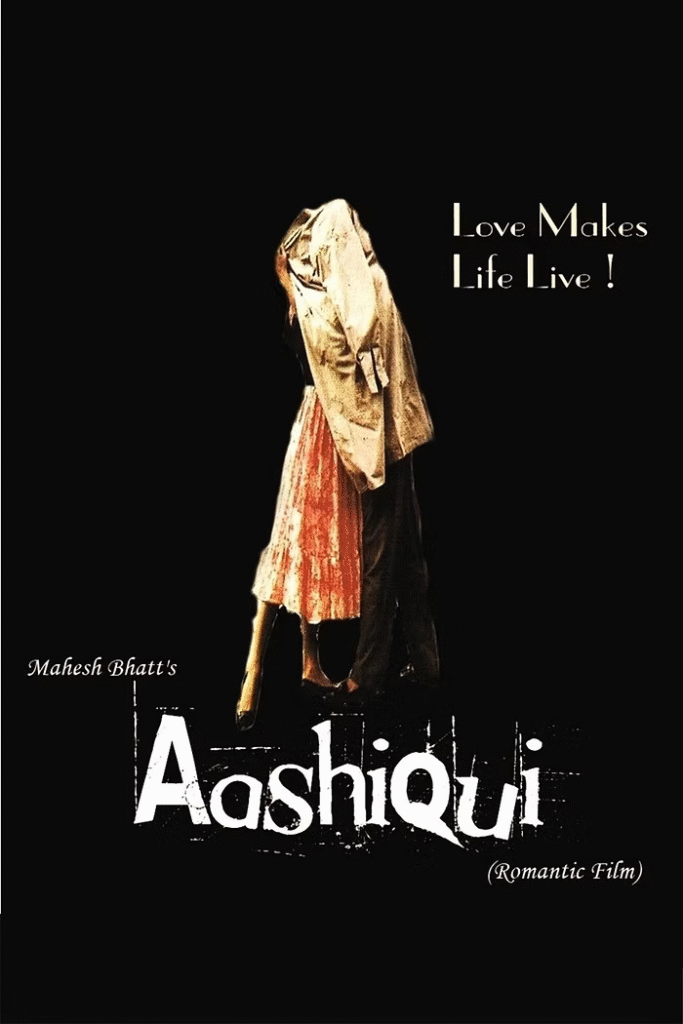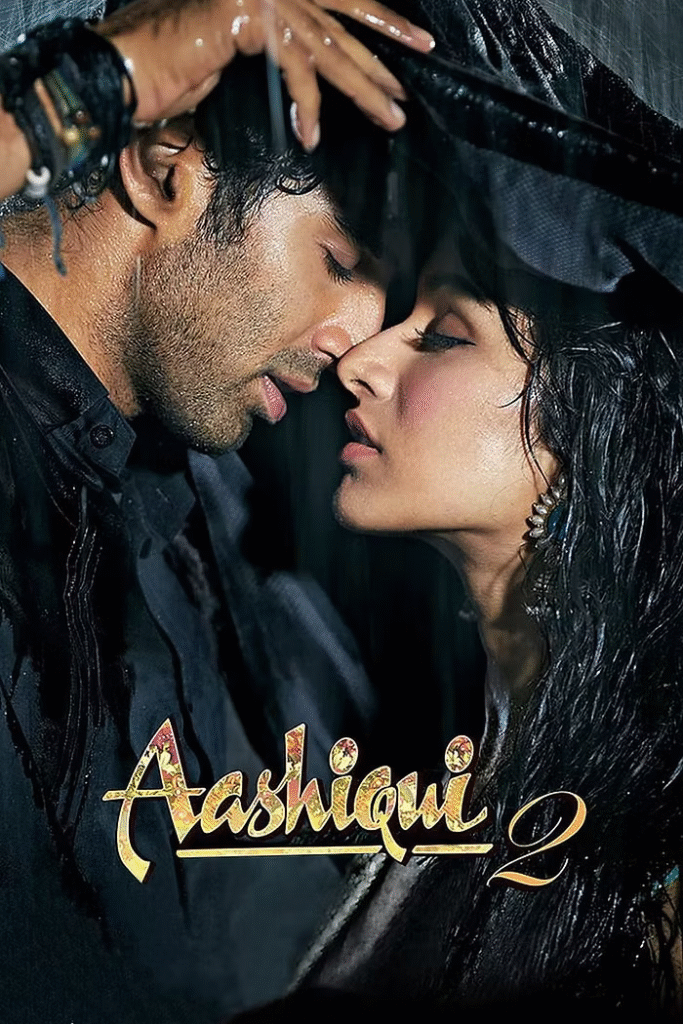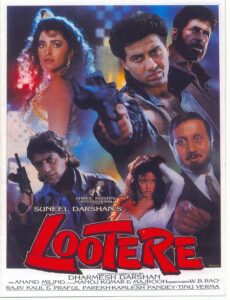
The advent of cinema in India dates back to 1896, but the recognition of films under copyright law did not gain legal momentum until 1928. At that time, piracy-related issues began emerging in Indian courts. Before the Brussels Act of 1948, films lacked independent copyright protection, as the copyright over scripts, songs and other elements was considered in isolation. However, this changed when the Brussels Act of 1948, amended the Berne Convention, recognising cinematograph films as distinct copyrighted works. As the Indian film industry rapidly grew into one of the world’s largest, India adopted a robust legal framework, leading to the implementation of the Copyright Act of 1957. With this, filmmakers were granted ownership rights over their works, including various protections under Section 14 of the Copyright Act 1957, by the registrar of copyrights.
This legal foundation has been crucial as disputes within the industry have become more complex. For decades, contacts in film production were often based on oral agreements. Still, the evolving industry saw an increasing need for codified IP laws to safeguard against copyright violations, breaches of contract, and other legal infractions. In a significant legal development in the Indian film industry, the Delhi High Court has recently issued an interim injunction restraining T-Series, a prominent music label and film production company, from using the film titles “Tu Hi Aashiqui,” “Tu Hi Aashiqui Hai,” and “Aashiqui”. This interim relief, granted by Justice Sanjeev Narula, is a notable precedent in a trademark infringement dispute brought forth by Vishesh Films, a film company owned by the renowned producer Mukesh Bhatt. This article delves into the intricacies of the case, examining the legal principles at play, the implications for the film industry, and the broader context of intellectual property rights in India.
Aashiqui: Bollywood’s Latest Trademark Showdown
T-Series vs. Vishesh Films: Aashiqui or Animosity?

Vishesh Films has a long-standing history of producing successful films, notably including the popular “Aashiqui” series, which has achieved immense popularity among audiences and has become closely associated with the company. T-Series, meanwhile, is a significant player in the Indian music and film industry. e. Recently, T-Series has expanded its film production endeavours with plans to release a film titled “Tu Hi Aashiqui.
Vishesh Films argued that the titles “Tu Hi Aashiqui”, “Tu Hi Aashiqui Hai”, and “Aashiqui” are closely associated with their “Aashiqui” franchise and constitute their trademarks. They claimed that T-Series’ use of these titles would confuse the public, misleading consumers to believe that their upcoming film is related to or endorsed by Vishesh Films.
T-Series, however, countered that the titles lack distinctiveness and do not infringe upon Vishesh Films’ trademark rights. They argued that the word “Aashiqui” is a common Hindi term for “love” and that its use in the title of a film does not inherently suggest any connection to Vishesh Films’ “Aashiqui” series.
The two parties had previously collaborated on the Aashiqui series for the first instalment in 1990 and then again in 2011 for the second instalment of the series via joint ownership agreements over the jointly produced films.
In view of the agreements, the first two films in the Aashiqui Franchise were jointly owned, credited and produced between the plaintiff and defendant. These agreements continued to govern the relationship between the parties in respect of any film associated with the Aashiqui Franchise, including any prequel, sequel or re-make, as provided in the 2011 Agreement.
The plaintiff alleged that their proprietary rights in the film franchise ‘Aashiqui’ were being violated by the defendant, despite the existence of joint ownership under the agreements executed between the parties. The plaintiff asserted their rights over the trademarks “Aashiqui” and “Aashiqui Ke Liye”, which were registered under the Trade Marks Act, 1999 (‘the TM Act’), with usage claimed since 1990 and 2014, respectively. Based on these rights, the plaintiff sought to prevent the defendant from releasing any sequels, in particular, the third instalment tentatively titled “Aashiqui 3”/ “Tu Hi Aashiqui”/ “Tu Hi Aashiqui Hai”, without their express consent.
The legal framework governing trademark infringement in India is primarily based on the Trademarks Act, of 1999. This Act provides for the registration and protection of trademarks and sets out the remedies available to trademark owners in case of infringement. Under this Act, trademarks are granted protection to distinguish goods or services from others, and unauthorized use of a mark identical or deceptively similar to a registered one is prohibited. The Act also provides remedies for trademark infringement, such as injunctions, damages, and accounts of profits. Injunctions are particularly useful in preventing further infringement and safeguarding the rights of the trademark owner.
How the Court Protected Aashiqui’s Trademark Legacy
The court’s decision in this case aligns with the common law doctrine of passing off, which seeks to protect the goodwill and reputation of a business from being unfairly misrepresented by another party. Passing off occurs when a party uses a similar name or mark for their goods or services, creating a likelihood of confusion among the public as to the source of these goods or services. In this case, the court observed that the identical titles of the two films could mislead consumers, potentially damaging Vishesh Films’ established reputation and goodwill.

Justice Sanjeev Narula issued an interim injunction restraining T-Series from using the titles “Tu Hi Aashiqui,” “Tu Hi Aashiqui Hai,” and “Aashiqui” until the final resolution of the dispute. The court’s decision primarily considered the risk of consumer confusion due to the similarity of the titles with Vishesh Films’ established trademark. Beyond trademark infringement and passing off, the unauthorized use of these popular titles also raised the issue of copyright infringement.
In its ruling, the Delhi High Court acknowledged that the Vishesh Films’ “Aashiqui” franchise has acquired significant recognition and distinctive character among the public. The court found that the titles “Tu Hi Aashiqui”, “Tu Hi Aashiqui Hai”, and “Aashiqui” were deceptively similar to Vishesh Films’ trademarks, increasing the likelihood of public confusion. In its analysis, the court relied on various legal principles and precedents to support its decision. It considered factors such as the distinctiveness of the trademarks, the similarity between the marks, the nature of the goods or services involved, and the likelihood of confusion. The court also acknowledged the reputation and goodwill associated with Vishesh Films’ “Aashiqui” franchise.
The Court determined that while ‘Aashiqui’ suggests a theme of ‘romance’ in Hindi/Urdu, but does not describe the film itself. Thus, it was deemed a suggestive mark rather than a descriptive one, granting it eligibility for trademark protection. Consequently, ‘Aashiqui’ was considered a distinctive mark with legal protection. The Court prima facie opined that the phonetic and conceptual similarities between the titles, combined with the high potential for confusion among the target audience, supported the conclusion that the defendant’s use of the title infringed upon the plaintiff’s trade mark rights. Therefore, it was evident that “Tu Hi Aashiqui”/ “Tu Hi Aashiqui Hai” was deceptively similar to “Aashiqui”. The Court stated that the plaintiff’s case would be covered under Section 29(1) read with Section 29(2)(b) of the Trade Marks Act. Even if it was assumed that there was no confusion as to the source of service, at the very least, there was a likelihood of confusion regarding association, sponsorship, endorsement etc. Therefore, the plaintiffs’ claim of deceptive similarity was well-founded, and the defendant’s title should be restrained to protect the Plaintiff’s established brand.

Additionally, the Court dismissed the value of a disclaimer or undertaking from T-Series, citing the strong public association already established with the “Aashiqui” title. It also addressed T-Series’ argument that Vishesh Films had effectively waived its claim to exclusivity over Aashiqui by not opposing the production of Chandigarh Kare Aashiqui by T-Series itself. The court clarified that trademark owners are not obliged to oppose every potential infringement, particularly when the risk of confusion is low, or the title includes distinctive elements that differentiate it from the protected mark.
Finally, the Court emphasized that as co-owners of the Aashiqui franchise, both Vishesh Films and T-Series have a shared responsibility to ensure that the Aashiqui trademark is used in a way that maintains its integrity and prevents consumer confusion.
Lessons for Filmmakers From the Aashiqui Dispute
India’s intellectual property framework has evolved significantly over the years, with the Trade Marks Act, of 1999 playing a pivotal role in protecting trademarks. The judiciary’s role in interpreting and enforcing trademark laws is crucial in maintaining the balance between encouraging creativity with the need to prevent misuse. For film production companies, this ruling emphasizes the importance of conducting comprehensive trademark searches and ensuring that proposed titles do not infringe on existing trademarks. It also highlights the importance of proactively addressing potential disputes to avoid legal complications.

The Delhi High Court’s decision has significant implications for the film industry. It reaffirms the importance of protecting intellectual property rights, particularly in the context of trademarks. The court’s ruling sends a clear message that film production companies must exercise caution when selecting titles for their films to avoid infringing upon the rights of others. The decision also highlights the challenges faced by film production companies in protecting their intellectual property. While trademarks can be a valuable asset, they can also be difficult to enforce. In cases where there is a dispute over the ownership or use of a trademark, litigation can be a lengthy and costly process.
The case has also shed light on the legalities involved in the use of titles and trademarks in the film industry. In India, the entertainment industry is one of the largest contributors to the country’s economy. With a growing number of new films being released every year, the competition to stand out among the crowd is fierce. This has resulted in a trend of using popular titles and trademarks to attract audiences, without considering the legal implications. This not only confuses viewers but also takes away the originality and uniqueness of the project. Hence, filmmakers must understand the importance of protecting intellectual property and adhere to the laws governing it. Trademark infringement in the film industry occurs when a title or character name is used without the permission of the trademark owner.

The principles governing trademark protection in India are aligned with international standards, including those established by the World Intellectual Property Organization (WIPO). The emphasis on preventing consumer confusion and protecting brand identity resonates with global practices in intellectual property law.
The decision of the Delhi High Court also brings to light the issue of protecting titles and trademarks in the Indian film industry. Unlike in the United States, where titles are generally not protected under copyright law, in India, titles are given equal importance as trademarks and are protected under the Trademarks Act. This means that filmmakers in India must be cautious while deciding the titles for their films, ensuring that they do not infringe upon any existing trademarks or copyrights.









![Demna woke up and chose violence!!!
Gucci Milan Fashion Week Fall 2026, Demna’s debut Runway ✨🙇🏻♀️💋
[Demna, Gucci, Milan Fashion Week, Runway, Fashion, Italy, Let The Raven Talk]](https://lettheraventalk.com/wp-content/plugins/instagram-feed/img/placeholder.png)
